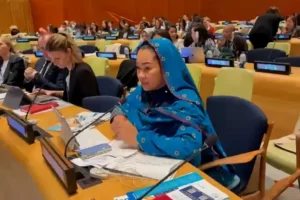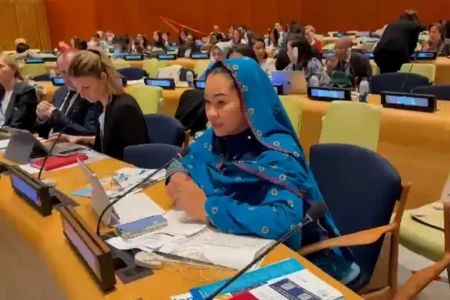China on Tuesday executed Li Jianping, a former official in the Inner Mongolia Autonomous Region, who was convicted in the largest-ever corruption case in the country, totalling more than $421 million.
The death sentence of Jianping, the former secretary of the ruling Communist Party working committee of the Hohhot economic and technological development zone was initially issued in September 2022 and upheld on appeal in August 2024.
Jianping’s execution followed the approval of the Supreme People’s Court and was carried out by a court in Inner Mongolia, the state-run Xinhua news agency reported.
“Li (64) was found guilty by an intermediate court earlier of embezzling a staggering three billion yuan (more than $421 million) in illegal gains—the largest sum involved in a single corruption case in China’s history,” according to earlier reports in the Chinese official media.
Since 2012, Chinese President Xi Jinping has prioritised anti-corruption efforts in his governance model.
The campaign has resulted in the prosecution and punishment of over a million party officials, including two defence ministers and military officials, according to official media accounts.
In a January 2018 speech to the Central Commission for Discipline Inspection (CCDI), Xi emphasised the importance of preventing corruption.
Mr. Xi stated that all party members must actively push the party’s self-revolution, referring primarily to the fight against corruption. Despite the ongoing battle, the number of high-ranking officials facing corruption charges is increasing.
The CCDI revealed last year that it had initiated investigations against a record number of 45 “tigers,” or high-ranking cadres, but this year the count has already reached 54, according to the Hong Kong-based South China Morning Post.
Mr. Xi’s anti-graft crusade in the military has garnered international attention, according to his detractors, allowing him to cement his power base.










